CRM focuses on managing customer relationships, while SRM manages supplier relationships. Both systems aim to optimize interactions and improve business efficiency.
Customer Relationship Management (CRM) and Supplier Relationship Management (SRM) are vital for business success. CRM systems help companies manage interactions with current and potential customers, enhancing customer satisfaction and loyalty. SRM systems streamline supplier interactions, ensuring efficient procurement and strong supplier partnerships.
Both systems aim to improve overall business performance by fostering key relationships. Businesses benefit from integrating CRM and SRM strategies to maintain robust customer and supplier networks. Understanding the distinct roles and benefits of CRM and SRM can lead to more effective resource management and sustained growth.
Table of Contents
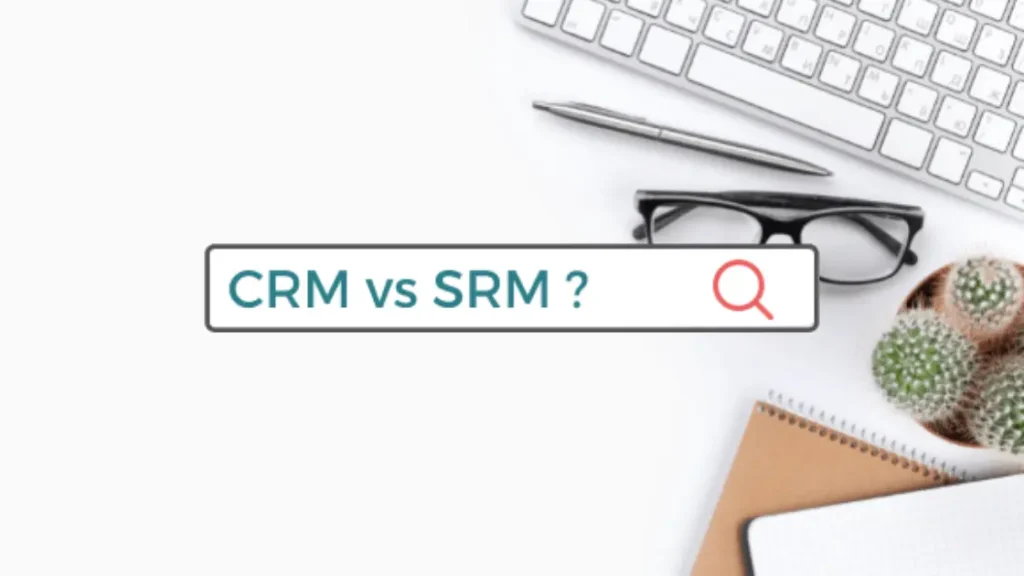
Credit: simplystakeholders.com
Core Functions
Understanding the core functions of CRM and SRM systems is crucial for businesses. Each system serves unique purposes and offers distinct features. These core functionalities help organizations manage relationships and operations more effectively.
CRM Functions
Customer Relationship Management (CRM) systems are designed to manage a company’s interactions with current and potential customers. The primary goal is to improve customer satisfaction, enhance customer retention, and drive sales growth.
- Contact Management: Store and organize customer information.
- Sales Management: Track sales activities and opportunities.
- Customer Support: Manage customer service and support tickets.
- Marketing Automation: Automate marketing campaigns and track performance.
- Reporting and Analytics: Generate reports on sales, customer behavior, and trends.
SRM Functions
Supplier Relationship Management (SRM) systems focus on managing a company’s interactions with its suppliers. The main objective is to enhance supplier performance, reduce costs, and ensure a smooth supply chain.
- Supplier Information Management: Maintain detailed supplier records.
- Procurement Management: Streamline the procurement process and purchase orders.
- Supplier Performance Monitoring: Track and evaluate supplier performance.
- Risk Management: Identify and mitigate risks in the supply chain.
- Contract Management: Manage supplier contracts and compliance.
Both CRM and SRM systems offer essential tools for managing relationships. While CRM focuses on customers, SRM targets suppliers, each system providing tailored functionalities for optimizing interactions and processes.
Key Differences
Understanding the key differences between CRM and SRM is essential. Both tools serve different purposes and target different stakeholders. These differences can impact your business strategy significantly.
Customer Focus
CRM, or Customer Relationship Management, primarily focuses on customers. It helps businesses manage interactions with potential and existing customers.
Key features of CRM include:
- Tracking customer interactions
- Managing sales leads
- Automating marketing campaigns
- Providing customer support
CRM systems aim to improve customer retention and drive sales growth. By understanding customer needs, businesses can tailor their products and services more effectively.
Supplier Focus
SRM, or Supplier Relationship Management, focuses on suppliers. It helps businesses manage their interactions and relationships with suppliers.
Key features of SRM include:
- Evaluating supplier performance
- Managing supplier contracts
- Facilitating supplier collaboration
- Ensuring supply chain efficiency
SRM systems aim to optimize supplier performance and reduce supply chain risks. By fostering strong supplier relationships, businesses can ensure a reliable supply of goods and services.
| Aspect | CRM | SRM |
|---|---|---|
| Focus | Customers | Suppliers |
| Key Features | Customer Interaction, Sales, Marketing | Supplier Performance, Contracts, Collaboration |
| Goal | Improve Customer Retention, Drive Sales Growth | Optimize Supplier Performance, Reduce Risks |
Technology and Tools
Understanding the technology and tools behind CRM and SRM is essential. These tools help manage customer and supplier relationships efficiently. Let’s explore the differences between CRM software and SRM software.
CRM Software
CRM software focuses on managing customer relationships. It helps businesses track customer interactions. Some popular CRM tools include Salesforce, HubSpot, and Zoho CRM.
- Salesforce: Offers comprehensive customer management features.
- HubSpot: Provides easy-to-use marketing and sales tools.
- Zoho CRM: Offers affordable solutions for small businesses.
These tools help in sales tracking, customer support, and marketing automation. CRM software often includes features like email marketing, lead management, and customer segmentation.
SRM Software
SRM software focuses on managing supplier relationships. It helps businesses track supplier performance. Some popular SRM tools include SAP Ariba, Oracle SRM, and Jaggaer.
- SAP Ariba: Offers comprehensive supplier management solutions.
- Oracle SRM: Provides robust tools for supplier collaboration.
- Jaggaer: Offers effective supplier performance tracking features.
These tools help in supply chain management, supplier collaboration, and risk management. SRM software often includes features like supplier onboarding, contract management, and compliance tracking.
| Feature | CRM Software | SRM Software |
|---|---|---|
| Primary Focus | Customer Relationships | Supplier Relationships |
| Key Tools | Salesforce, HubSpot, Zoho CRM | SAP Ariba, Oracle SRM, Jaggaer |
| Main Features | Email Marketing, Lead Management, Customer Segmentation | Supplier Onboarding, Contract Management, Compliance Tracking |
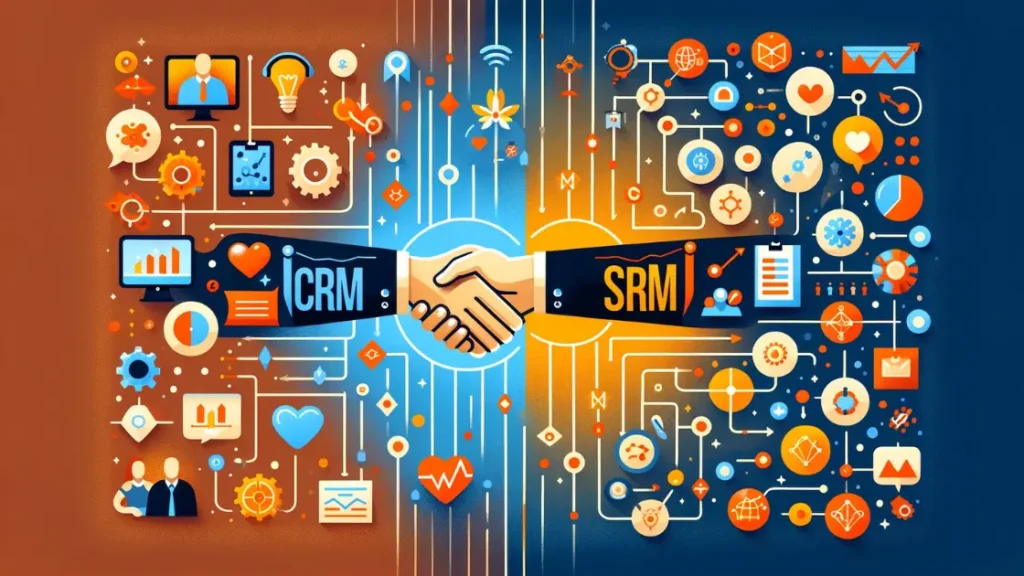
Credit: demandplaybook.com
Benefits
Understanding the benefits of both CRM and SRM can help businesses make informed decisions. Both systems offer unique advantages. These benefits can enhance your operations and improve efficiency.
Advantages of CRM
A Customer Relationship Management (CRM) system focuses on managing interactions with customers. Here are some key advantages:
- Improved Customer Relationships: CRM systems track all customer interactions. This helps in building stronger relationships.
- Increased Sales: CRM software provides insights into sales patterns. This aids in identifying potential leads.
- Better Customer Retention: CRM tools help in retaining customers by offering personalized services.
- Enhanced Communication: CRM systems streamline communication with customers. This results in quicker responses and better service.
- Data Analysis: CRMs offer robust data analysis tools. This helps in understanding customer behavior.
Advantages of SRM
A Supplier Relationship Management (SRM) system focuses on managing interactions with suppliers. Here are some key advantages:
- Cost Reduction: SRM systems help in negotiating better terms with suppliers. This leads to reduced costs.
- Supplier Performance: SRM tools track supplier performance. This ensures higher quality and reliability.
- Risk Management: SRM systems identify potential risks in the supply chain. This aids in mitigating those risks.
- Better Collaboration: SRM enhances collaboration with suppliers. This results in improved supply chain efficiency.
- Inventory Management: SRM helps in managing inventory levels effectively. This reduces waste and improves stock management.
| Feature | CRM | SRM |
|---|---|---|
| Focus | Customer Relationships | Supplier Relationships |
| Primary Benefit | Improved Customer Interaction | Cost Reduction |
| Data Analysis | Customer Insights | Supplier Performance |
| Communication | Streamlined with Customers | Enhanced with Suppliers |
Challenges
Both CRM and SRM systems are crucial for business success. Yet, they come with their own sets of challenges. Understanding these challenges can help improve their effectiveness.
CRM Challenges
Customer Relationship Management (CRM) systems face several issues that can hinder their performance. Let’s explore some of the common challenges:
- Data Quality: Poor data quality leads to inaccurate customer insights.
- User Adoption: Employees may resist using the CRM system.
- Integration: Integrating CRM with other systems can be complex.
- Customization: Customizing CRM to fit business needs is often challenging.
- Cost: CRM solutions can be expensive to implement and maintain.
SRM Challenges
Supplier Relationship Management (SRM) also encounters specific issues that need to be addressed. Here are some of the main challenges:
- Supplier Data Management: Keeping supplier data up-to-date is difficult.
- Supplier Performance Monitoring: Consistently tracking supplier performance is complex.
- Risk Management: Identifying and mitigating risks in the supply chain is crucial.
- Communication: Maintaining clear communication with suppliers can be tough.
- Cost Control: Managing costs without compromising quality is a constant challenge.
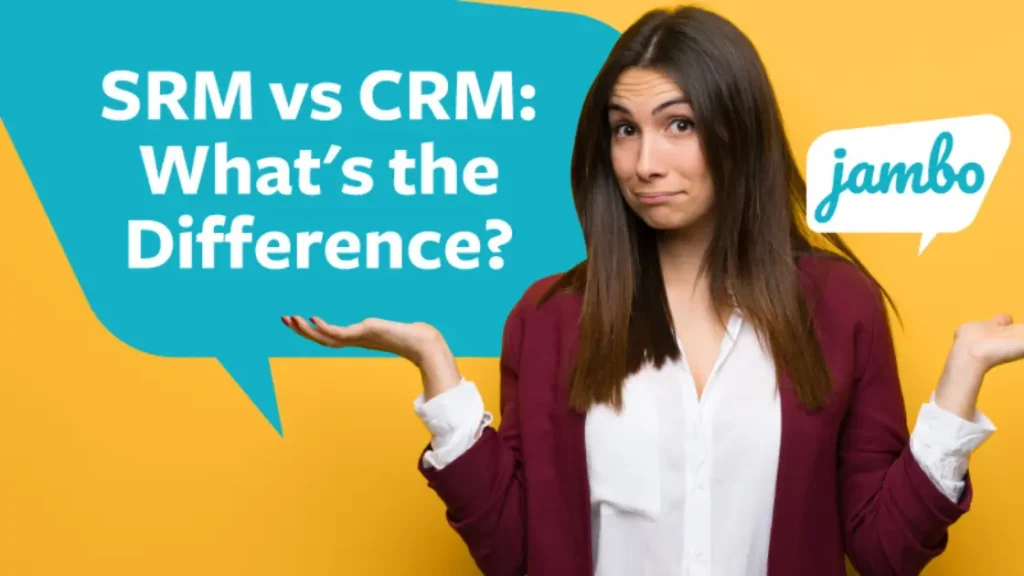
Credit: blog.jambo.cloud
Integration
Integrating CRM and SRM systems can significantly enhance business operations. It ensures seamless collaboration between customer and supplier management processes. Proper integration leads to improved efficiency and better decision-making.
Integrating CRM and SRM
Integrating CRM (Customer Relationship Management) and SRM (Supplier Relationship Management) systems is crucial. It allows businesses to have a unified view of their interactions. This helps in aligning the objectives of various departments.
A successful integration involves:
- Combining data from both systems
- Ensuring real-time updates
- Maintaining data consistency
Let’s look at how this integration benefits business processes.
Data Sharing
Effective data sharing between CRM and SRM systems is vital. It enhances visibility across the supply chain and customer management.
Key benefits include:
- Better forecasting
- Improved inventory management
- Enhanced customer service
Through data sharing, businesses can:
- Identify trends
- Make informed decisions.
- Optimize resources
Here is a quick comparison:
| Aspect | CRM | SRM |
|---|---|---|
| Focus | Customer Relationships | Supplier Relationships |
| Data Type | Customer Data | Supplier Data |
| Objective | Boost Sales | Optimize Supply Chain |
Integrating CRM and SRM ensures streamlined operations. It allows businesses to maximize their potential and improve overall efficiency.
Future Trends
The future of customer relationship management (CRM) and supplier relationship management (SRM) is evolving. Both systems are integrating new technologies to improve efficiency. Let’s explore the latest innovations.
Innovations in CRM
CRM systems are becoming smarter. They are using artificial intelligence (AI) to predict customer behavior. AI helps in personalizing customer interactions.
Machine learning (ML) algorithms analyze customer data. They suggest the best actions for sales teams. This improves customer satisfaction and sales performance.
Voice recognition technology is being integrated into CRM. This allows for hands-free operations. Sales teams can update records using voice commands.
Mobile CRM apps are becoming more popular. They enable sales teams to access data on the go. This increases productivity and responsiveness.
Innovations in SRM
SRM systems are focusing on blockchain technology. Blockchain ensures secure and transparent transactions. This builds trust with suppliers.
Internet of Things (IoT) is being used to track inventory levels. IoT devices provide real-time data. This helps in efficient supply chain management.
Predictive analytics is becoming a key feature in SRM. It forecasts demand and supply trends. This helps businesses make informed decisions.
SRM systems are also adopting cloud computing. Cloud-based SRM solutions offer scalability. They provide easy access to data from anywhere.
| Technology | CRM | SRM |
|---|---|---|
| Artificial Intelligence | Predicts customer behavior | Not widely used |
| Machine Learning | Suggests actions for sales teams | Not widely used |
| Voice Recognition | Hands-free operations | Not widely used |
| Mobile Apps | Access data on the go | Not widely used |
| Blockchain | Not widely used | Ensures secure transactions |
| IoT | Not widely used | Tracks inventory levels |
| Predictive Analytics | Not widely used | Forecasts demand and supply |
| Cloud Computing | Not widely used | Offers scalability |
Frequently Asked Questions
What Is CRM?
CRM stands for Customer Relationship Management. It focuses on managing interactions with current and potential customers. It helps businesses improve relationships, streamline processes, and increase profitability.
What Is SRM?
SRM stands for Supplier Relationship Management. It focuses on managing a company’s interactions with suppliers. Its goal is to streamline operations and maximize the value from supplier relationships.
How Do CRM and SRM Differ?
CRM manages customer interactions, focusing on sales and service. SRM manages supplier interactions, aiming to optimize procurement and supplier performance.
Why Use CRM Systems?
CRM systems help businesses improve customer satisfaction, streamline processes, and increase sales. They centralize customer data for better decision-making.
Conclusion
Understanding the key differences between CRM and SRM is crucial for optimizing business relationships. CRM focuses on customer interactions, while SRM targets supplier partnerships. Both systems enhance efficiency, but their roles differ. Choose the right tool based on your specific business needs to achieve better results.

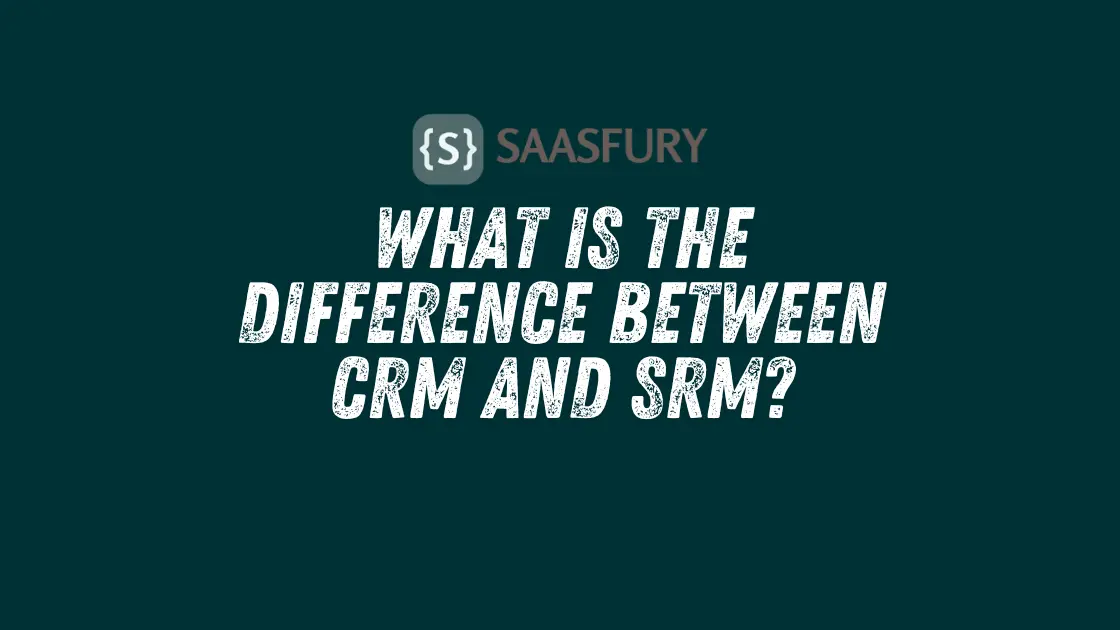
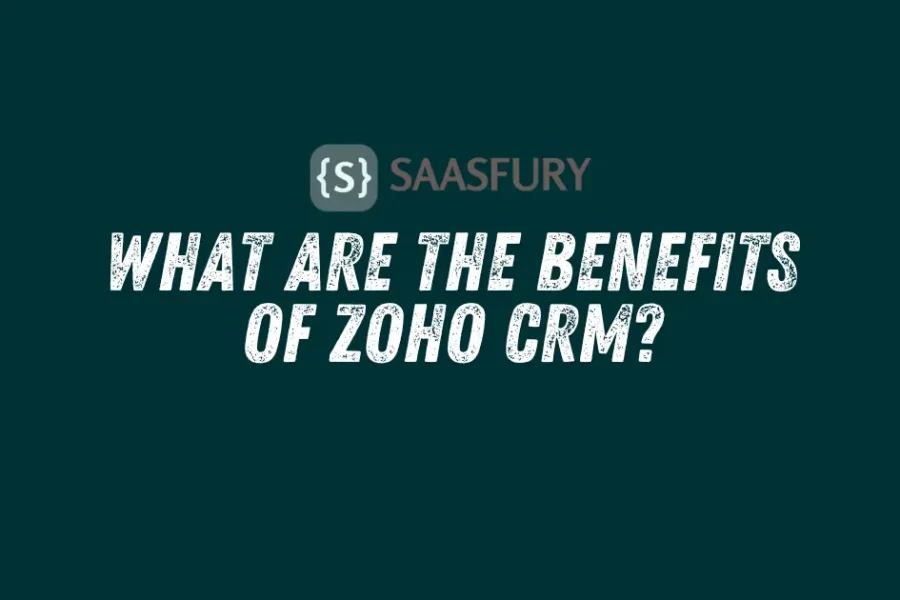
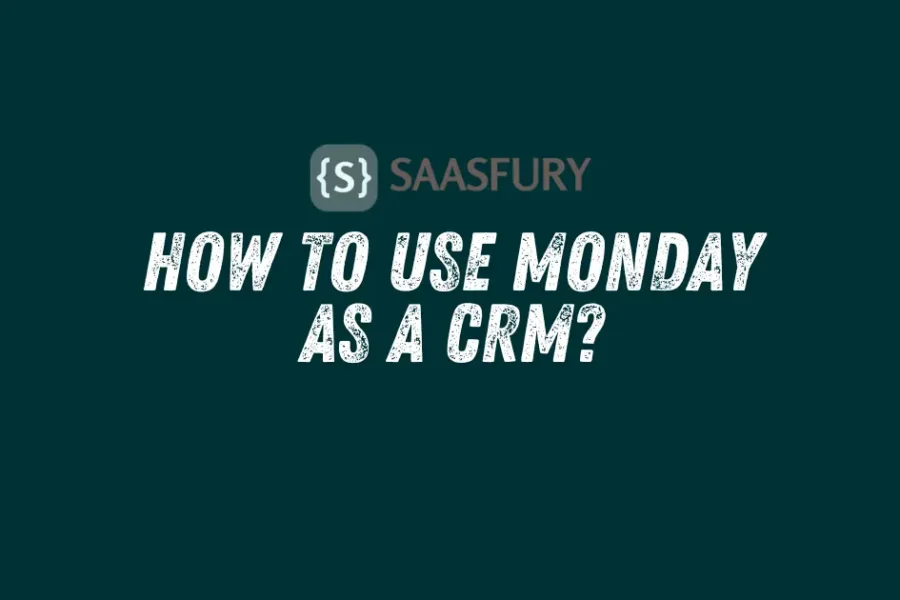

Leave a Comment